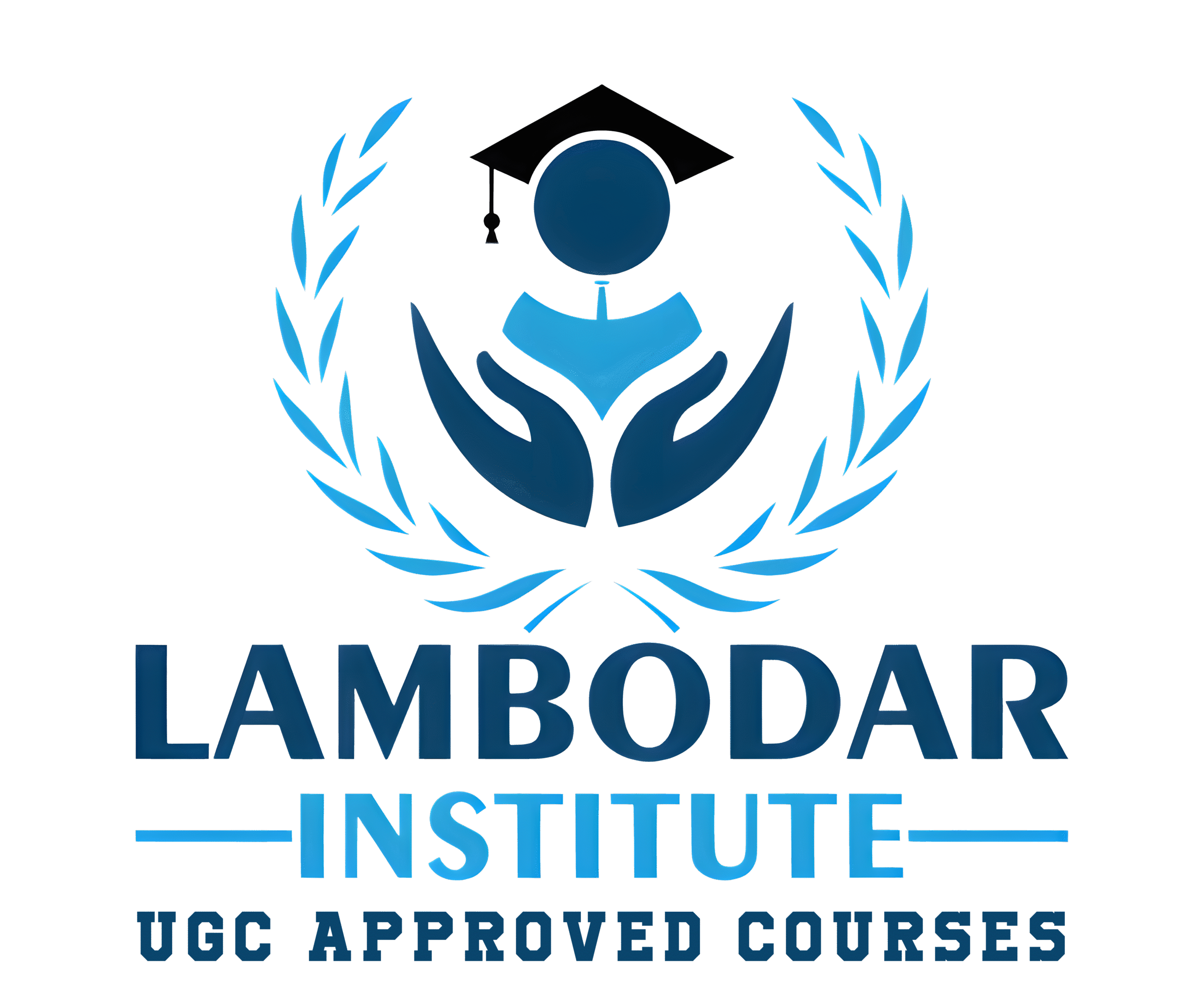B.Voc in Operation Theatre Technology – Three-Year Bachelor’s Program
The Bachelor of Vocation (B.Voc) in Operation Theatre Technology is a specialized three-year undergraduate program designed to prepare students for a vital role in surgical and emergency care. Operation Theatre Technologists are responsible for assisting surgeons and nursing staff before, during, and after surgical procedures by ensuring the operation theatre is sterile, equipment is functional, and all instruments are ready for use.
Program Overview
Operation Theatre (OT) Technologists are integral members of surgical teams. Their role requires high precision, technical expertise, and a strong understanding of surgical procedures and sterile techniques. This B.Voc program equips students with the knowledge and practical skills needed to handle pre-operative, intra-operative, and post-operative responsibilities in a variety of medical settings.
Curriculum Highlights
The curriculum follows the National Skills Qualification Framework (NSQF) and blends academic study with real-world clinical experience. Core subjects include:
Human Anatomy and Physiology
Basics of Operation Theatre Management
Surgical Instruments and Equipment
Sterilization and Infection Control Techniques
Anesthesia Technology and Monitoring
Patient Care and Safety Protocols
Biomedical Waste Management
Emergency and Trauma Support
Surgical Procedure Assistance (General, Orthopedic, Neuro, etc.)
Medical Ethics and Communication Skills
Students undergo hands-on training in hospitals and surgical centers to gain real-time experience in OT settings.
Program Structure & Exit Options
The B.Voc program offers flexible exit points, enabling students to gain recognized qualifications at various stages:
After 1 year – Diploma in Operation Theatre Technology
After 2 years – Advanced Diploma in Operation Theatre Technology
After 3 years – B.Voc Degree in Operation Theatre Technology
This structure ensures employability and skill recognition at every level of the program.
Career Opportunities
Graduates can pursue employment in:
Operation theatres of hospitals and surgical clinics
Emergency and trauma centers
Intensive care units (ICU/CCU)
Surgical equipment companies
Day care surgical units
Organ transplant units
Medical colleges and training centers
The program also opens up pathways for higher education and specialization in anesthesia technology, surgical assistance, or hospital management.
D.VOC (Diploma in Vocation) Courses
Courses Available (With Duration and Fees):
| Course Name | Duration | Annual Fees | Total Fees |
|---|---|---|---|
| Medical Lab Technician (DMLT) | 2 Years | ₹40,000 | ₹80,000 |
| Operation Theatre Technician (OTT) | 2 Years | ₹40,000 | ₹80,000 |
| Radiology Technology | 2 Years | ₹40,000 | ₹80,000 |
| Dialysis Technician | 2 Years | ₹40,000 | ₹80,000 |
| General Duty Assistant (GDA) | 1 Year | ₹40,000 | ₹40,000 |
B.VOC (Bachelor of Vocation) Courses
| Course Name | Duration | Annual Fees | Total Fees |
|---|---|---|---|
| Medical Lab Technology (MLT) | 3 Years | ₹50,000 | ₹1,50,000 |
| Radiology & Imaging Technology | 3 Years | ₹50,000 | ₹1,50,000 |
| Operation Theatre Technology | 3 Years | ₹50,000 | ₹1,50,000 |
| Dialysis Technology | 3 Years | ₹50,000 | ₹1,50,000 |
| Nutrition & Dietetics | 3 Years | ₹30,000 | ₹1,00,000 |
| Optometry | 3 Years | ₹65,000 | ₹1,65,000 |
M.VOC (Master of Vocation) Courses
| Course Name | Duration | Annual Fees | Total Fees |
|---|---|---|---|
| Medical Lab Technician (MLT) | 2 Years | ₹45,000 | ₹90,000 |
| Radiology & Imaging Technology | 2 Years | ₹45,000 | ₹90,000 |
| Operation Theatre Technology | 2 Years | ₹45,000 | ₹90,000 |
| Dialysis Technology | 2 Years | ₹40,000 | ₹80,000 |
| Healthcare Management | 2 Years | ₹30,000 | ₹65,000 |
Additional Charges (If Applicable)
| Particulars | Charges |
|---|---|
| Registration Fee (One-time) | ₹1,000 – ₹3,000 |
| Examination Fee (Annual) | ₹1,500 – ₹3,000 |
| Uniform / Lab Coat | ₹1,000 – ₹2,000 |
| Study Materials & Books | ₹2,000 – ₹4,000 |
| Hospital Visits | ₹3,000 – ₹5,000 |




